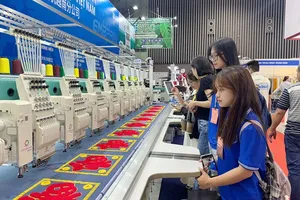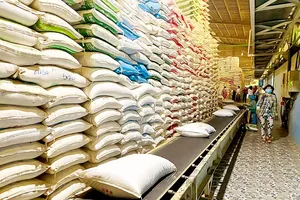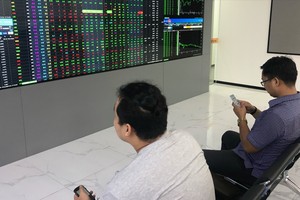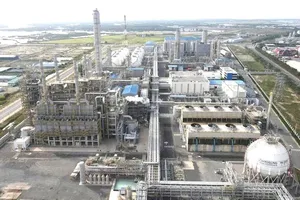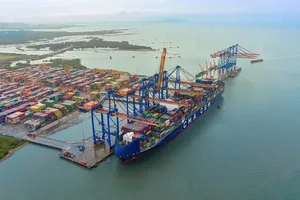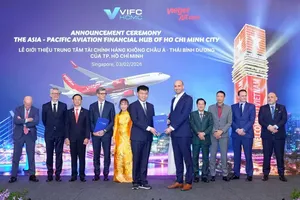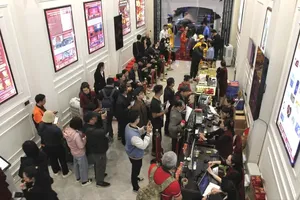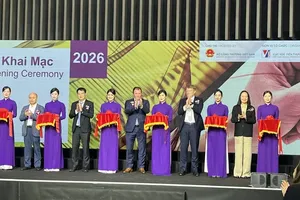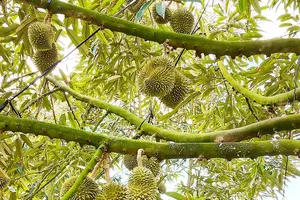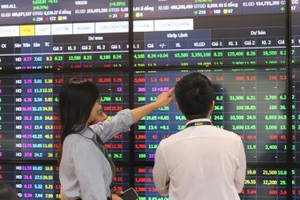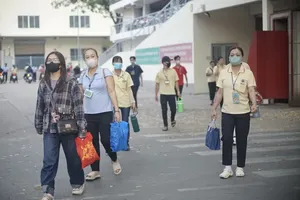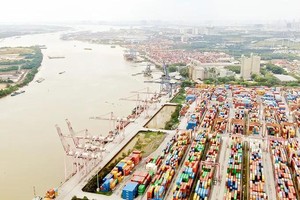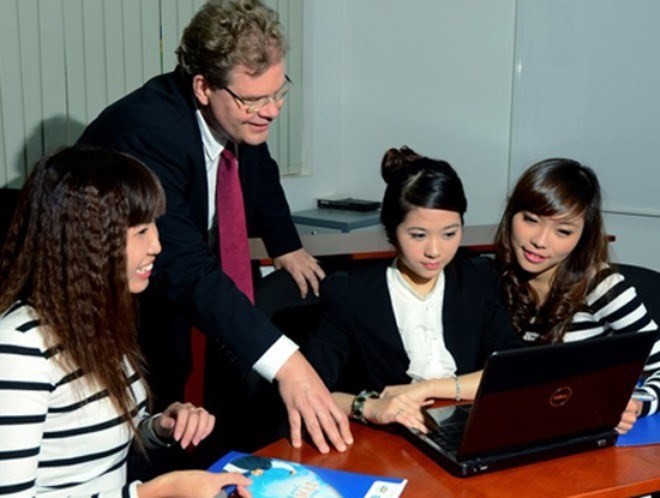
According to the HSBC survey, nearly three quarters (72 percent) of expats in Vietnam say moving to the country helped them save more and just over two thirds (67 percent) agreed that they have a higher disposable income than they did in their home country.
The most popular reason for saving or investment is still retirement (37 percent), followed by buying the first/next property (29 percent).
Nevertheless, when it comes to property ownership, only under one-fifth (18 percent) of expats own property in Vietnam, which is half of the global average. Forty-two percent of expats don’t own any property either in their home country or host country.
Nearly half (48 percent) of the expats in Vietnam say they take more holidays, besides enjoying the comforts of domestic help such as cleaner and nanny (46 percent) and living in a better property (45 percent).
Expats move to Vietnam for various reasons, with the top three being finding a new challenge (46 percent), improving quality of life (28 percent) and being sent by an employer (23 percent). With these aspirations in mind, almost half (47 percent) agree that Vietnam is a good place for expats who want to progress in their career, lower than the global average (54 percent).
Expat employment also comes with its perks. A vast majority (79 percent) of expats in the country receive benefits as part of their employment contract, with 49 percent receiving health and medical allowances, 42 percent accommodation allowance and 42 percent an annual trip home or airfare allowance, compared with the global average of 44 percent, 20 percent and 19 percent, respectively.
Two-thirds (67 percent) of expats say they feel confident about the Vietnamese economy. But the issues that concern them the most in connection with their financial wellbeing are the restrictions on moving their money across countries (43 percent), less favourable exchange rate and economic uncertainty globally (both 34 percent).
The country also receives less favourable feedback when it comes to Experience and Family. Only 28 percent of expats in Vietnam agree that they enjoy a better overall quality of life, including everything from health to culture, compared with the view of more than half (52 percent) of expats worldwide about their host country.
Sabbir Ahmed, head of Retail Banking and Wealth Management, HSBC Vietnam, said Vietnam remains a fascinating economy for expats from around the world to challenge themselves and boost their careers.
“However, the survey suggests several areas for improvement to make Vietnam more attractive to expats,” he added.
“It is clear that expats expect better experiences early on in organising their finances and healthcare, as well as an advantageous environment to bring up their children. This poses challenges for financial, medical and educational institutions, while at the same time also providing opportunities to grow their business by better serving this segment,” he said.
